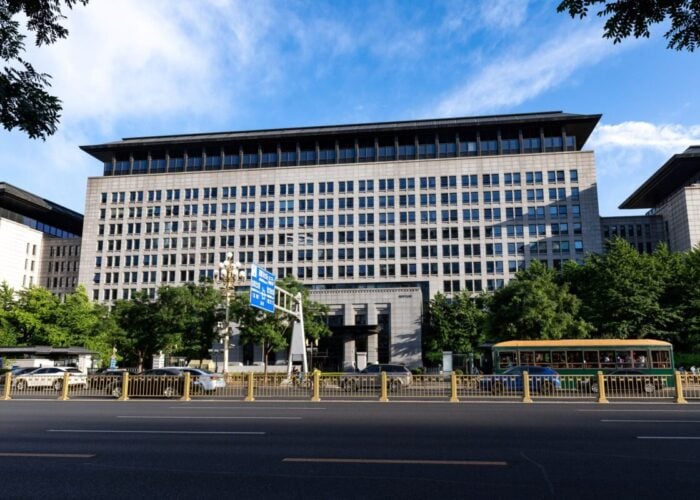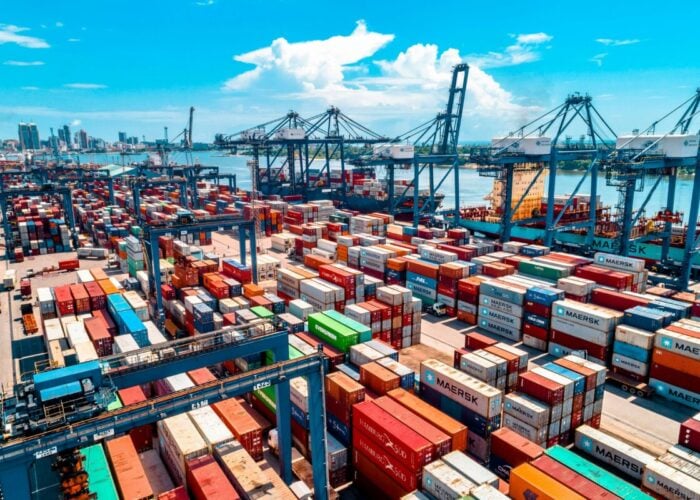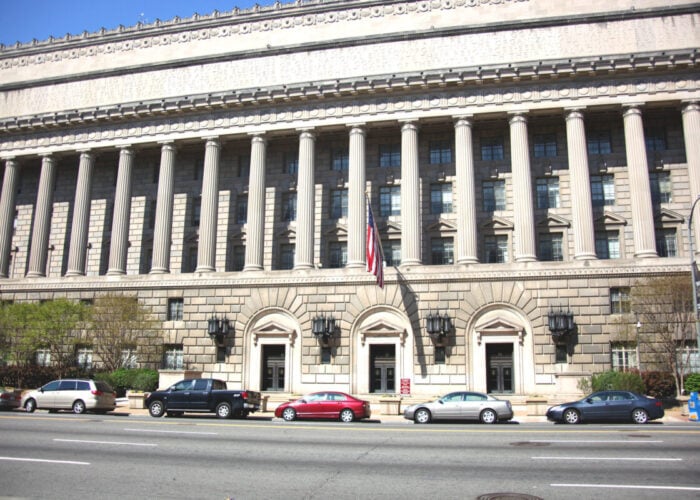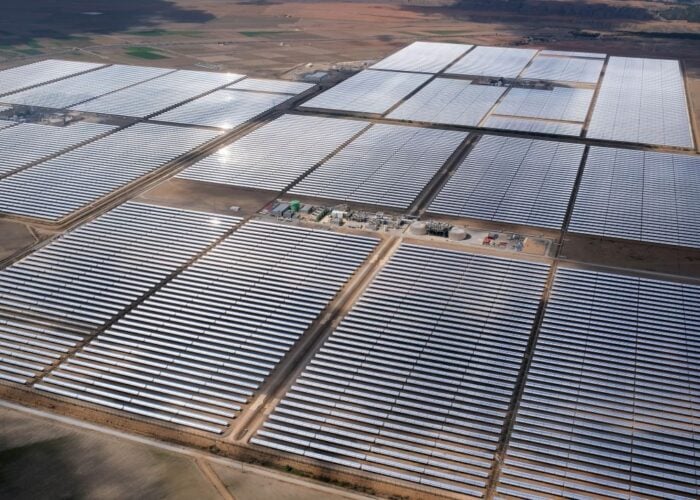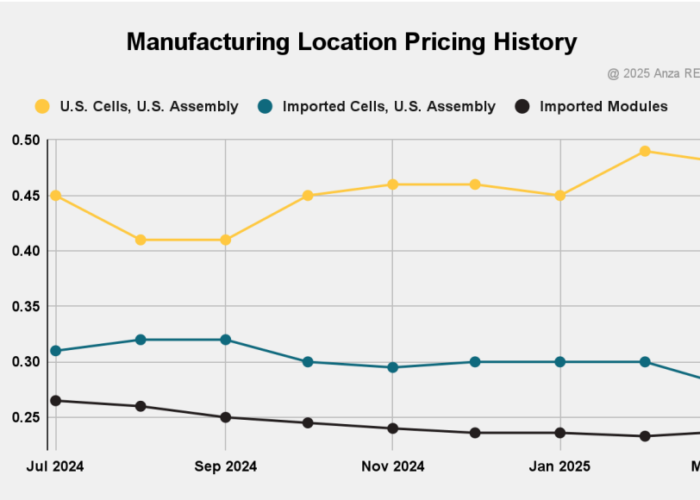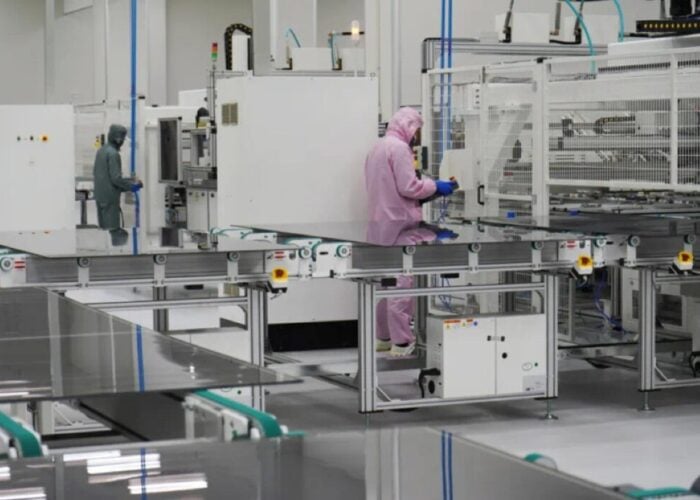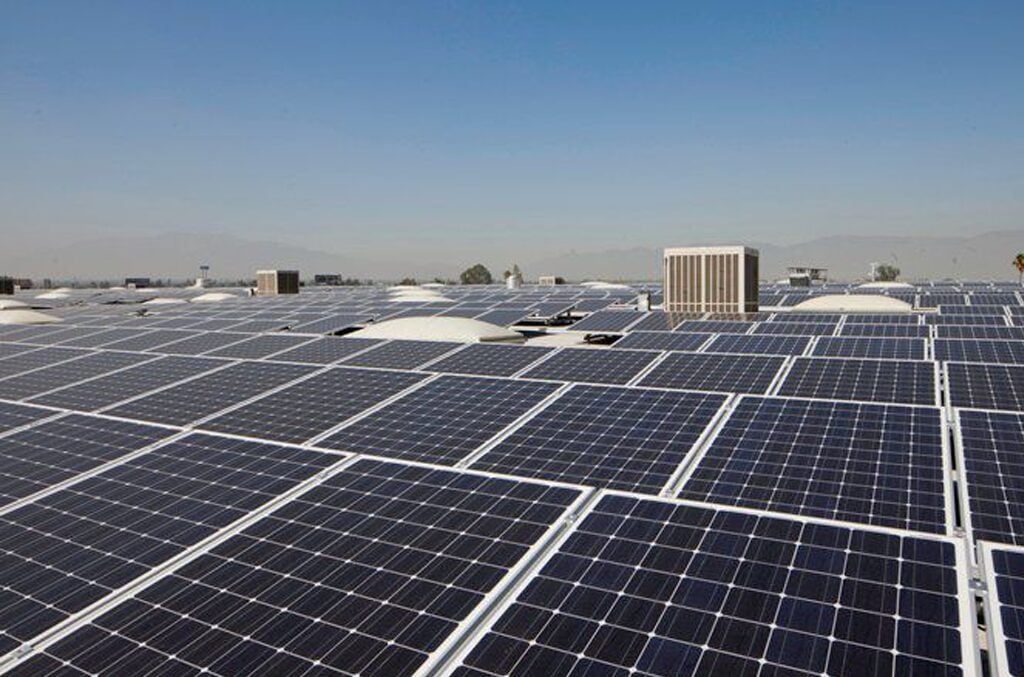
The government of Pakistan has proposed to impose an 18% general sales tax (GST) on imported solar panels in its Federal Budget 2025-2026.
During a speech in the National Assembly earlier this week, Finance Minister Muhammad Aurangzeb said the tax would help the local solar industry grow, according to a local news outlet.
Try Premium for just $1
- Full premium access for the first month at only $1
- Converts to an annual rate after 30 days unless cancelled
- Cancel anytime during the trial period
Premium Benefits
- Expert industry analysis and interviews
- Digital access to PV Tech Power journal
- Exclusive event discounts
Or get the full Premium subscription right away
Or continue reading this article for free
Trade body Pakistan Solar Association (PSA) urged the government to reconsider this decision, as it would risk slowing down solar adoption and raising costs. “This policy move threatens to reverse the significant progress Pakistan has made in solar energy deployment over the past several years,” the trade association said.
“The imposition of 18% GST will make solar energy less affordable for consumers and damage the confidence of investors and stakeholders in this vital industry,” added Waqas Moosa, chairman of the PSA.
According to a recent report from think tank Ember Climate, Pakistan experienced a rapid growth of imported solar panels last year, with nearly 17GW. This more than doubles the imported solar panels from 2023, as shown in the chart below.
Not only did the country quickly increase the number of modules it imported in 2024, it has also accelerated its net-metered installed solar PV from 1.3GW in June 2023 to 4.1GW in December 2024, according to PSA.
Pakistan saw rooftop PV installations soar last year, in direct response to skyrocketing electricity prices, as Moosa explained earlier this year to PV Tech Premium.
“The rationale provided for this tax – to protect local manufacturing – is fundamentally flawed. Currently, there is no large-scale or high-efficiency solar panel manufacturing facility in Pakistan. The few existing units only produce low-wattage panels, which do not compete directly with imported technology. Hence, the claim of protecting local industry lacks merit and should not come at the cost of sabotaging a growing, green energy sector,” said PSA.
PSA’s letter urging the government to reconsider the tax can be accessed here.

